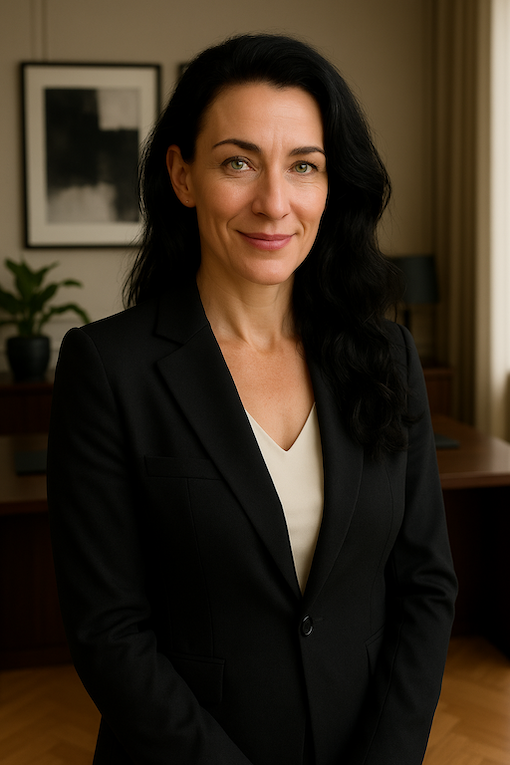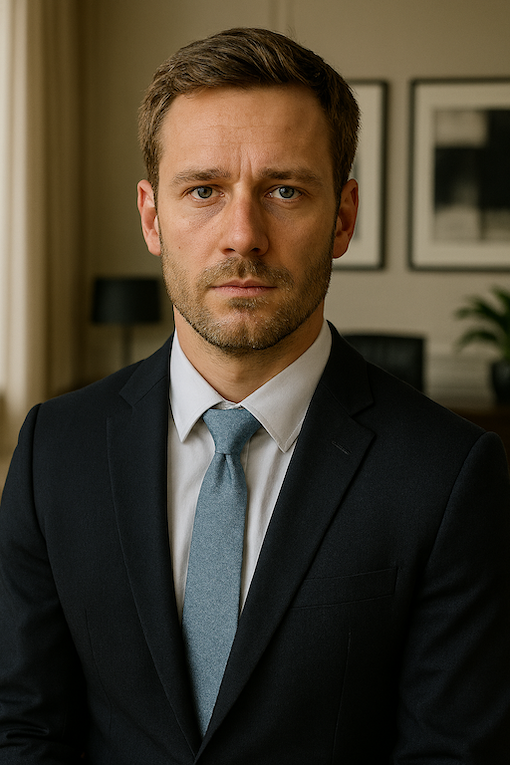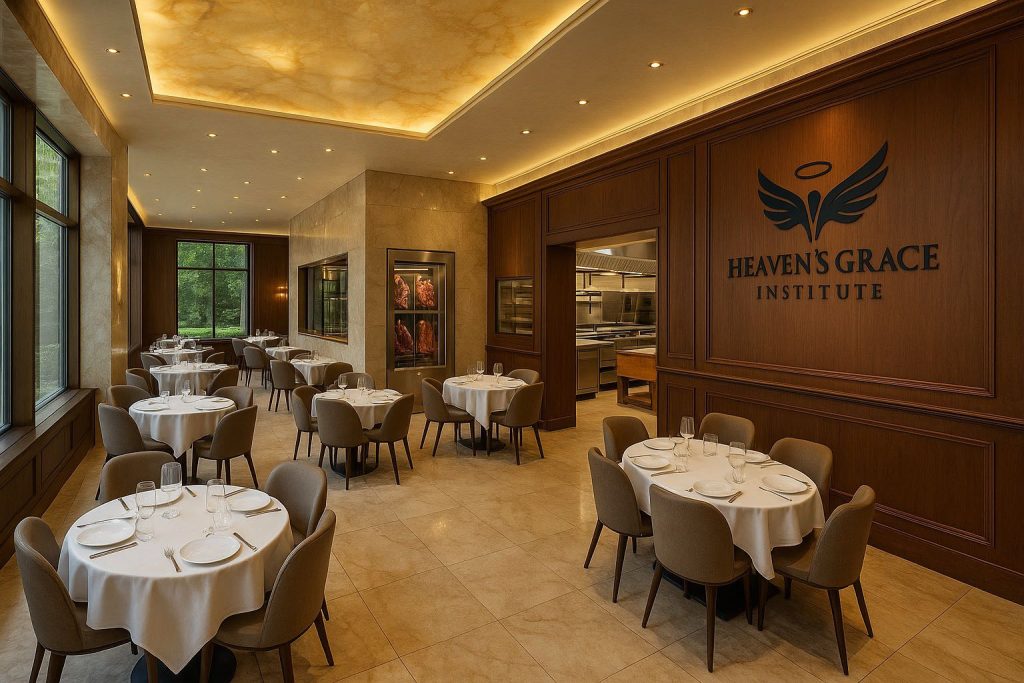
Welcome to Heaven’s Grace Institute
— a sanctuary of dignity, transformation, and exceptional service.
In response to escalating climate challenges and the unsustainable burden of traditional livestock farming, international institutions have adopted bold new measures. Among the most effective has been the global restriction of animal agriculture, replaced in part by the implementation of the Meat Conversion Directive.
As part of population balance initiatives, adults aged 20 to 35 may be randomly selected through a secure, audited algorithm to undergo Meat Conversion — a government-sanctioned transformation of the human body into regulated nutritional and material products. The process is conducted exclusively at licensed facilities under the highest standards of medical and ethical oversight.
In the Republic of Carni, the system is administered by the National Sustainability Agency, a cabinet-level body charged with ensuring full regulatory compliance and humane procedural protocols. Once selected, an individual’s physical profile is reviewed, and their body is allocated via secure bidding to one of the authorized conversion centers — either public or private.

Dr. Lenna Soerren, a trauma surgeon with over a decade of frontline experience, encountered the system not in theory, but through personal loss — when her own sister, aged just twenty-six, was selected for Meat Conversion. Witnessing the process from the perspective of a grieving relative exposed the clinical gaps and emotional voids that even the most compliant facilities could not conceal. Determined to create a more compassionate, dignified, and ethically elevated experience for others facing the same fate, Dr. Soerren joined forces with her former medical colleague and university classmate, Dr. Marc Minski. Together, they set out to build something fundamentally different — a place where procedure would meet purpose, and where transformation could unfold with calm, grace, and meaning.

Thus was born Heaven’s Grace Institute — a refined, private Meat Conversion center specializing in premium care for women and couples of peak physical and aesthetic quality.
Nestled quietly in a narrow side street just steps from the main square of the regional capital, the Institute occupies a discreet historic building — its understated façade nearly indistinguishable from the surrounding architecture. Modest on the outside, it reveals within a world of serene luxury and controlled precision.
Here, clients are offered not only exceptional standards of care, but also an experience of elevated meaning, personal legacy, and physical grace — one that honors the final journey with both silence and significance.


The Institute also houses an exclusive on-site restaurant, where certified outcomes are skillfully prepared and served to a discerning, high-profile clientele, completing the cycle of service, sustainability, and elevated taste.